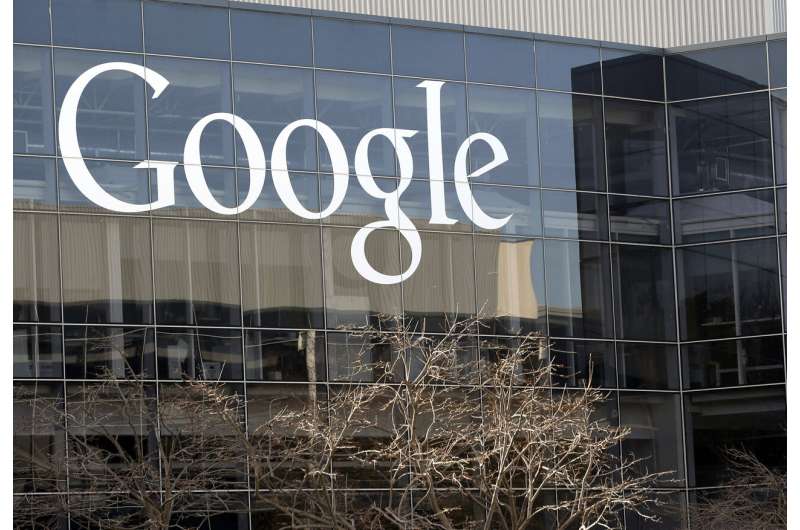This Thursday, Jan. 3, 2013, file photo shows Google's headquarters in Mountain View, Calif. As the Trump administration moves toward antitrust action against search giant Google, it's campaigning to enlist support from sympathetic state attorneys general across the country. And President Donald Trump is pushing his campaign against Big Tech on Wednesday, Sept. 23, 2020, touting curbs on legal protections for social media platforms he denounces as biased against conservative views.(AP Photo/Marcio Jose Sanchez, File)
Google has long defended itself against charges of monopoly by stressing that its products are free and that no one has to use them.
And it's avoided tough government scrutiny for years based in part on the idea that people searching the internet are not Google's true customers.
We're its product. Advertisers are its real customers. That complicates the question of who, if anyone, is hurt by Google's dominance in selling ads off the world's search queries and through its array of affiliated businesses, from its Android phone software to its YouTube video platform and digital maps.
The U.S. Justice Department's recused himself from the Google probe because he represented the company as a lobbyist in 2007 when it faced antitrust scrutiny over its acquisition of DoubleClick, then a competitor in digital advertising.
Google has long denied claims of unfair competition and is expected to fiercely oppose any attempt to force it to spin off its services into separate businesses. The company argues that although its businesses are large, they are useful and beneficial to consumers.
"People use Google because they choose to—not because they're forced to or because they can't find alternatives," the company The government sued Microsoft more than 20 years ago accusing it of leveraging a monopoly position to lock customers into its products so they wouldn't be tempted by potentially superior options from smaller rivals.
© 2020 The Associated Press. All rights reserved. This material may not be published, broadcast, rewritten or redistributed without permission.
























